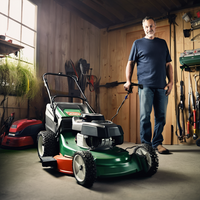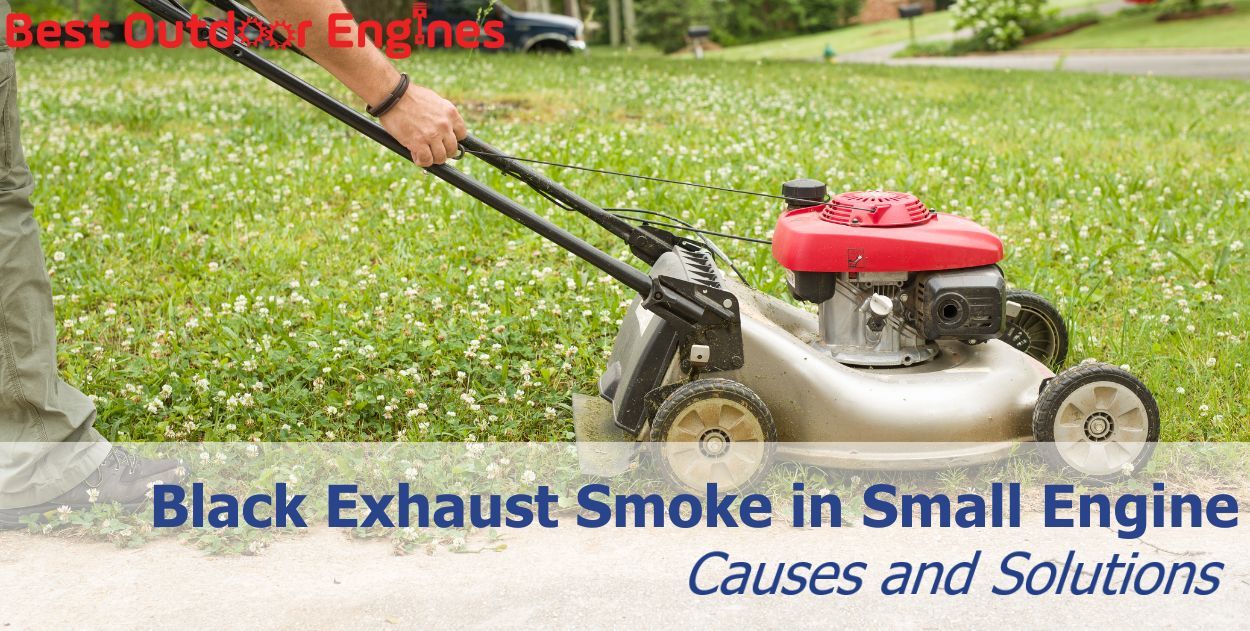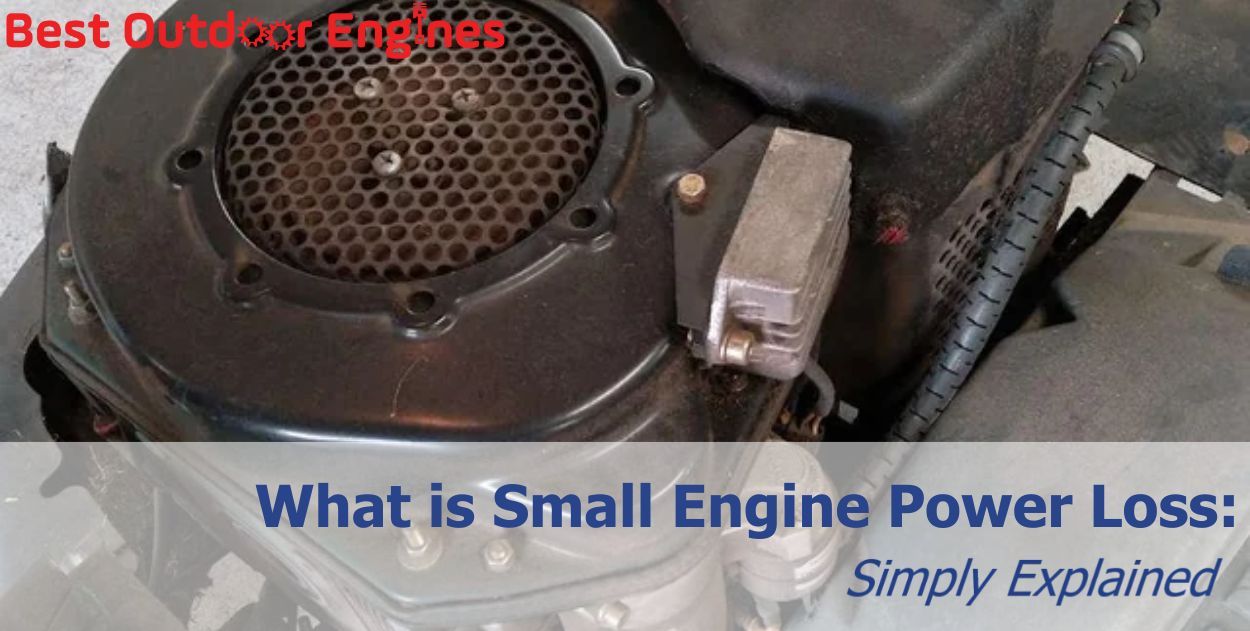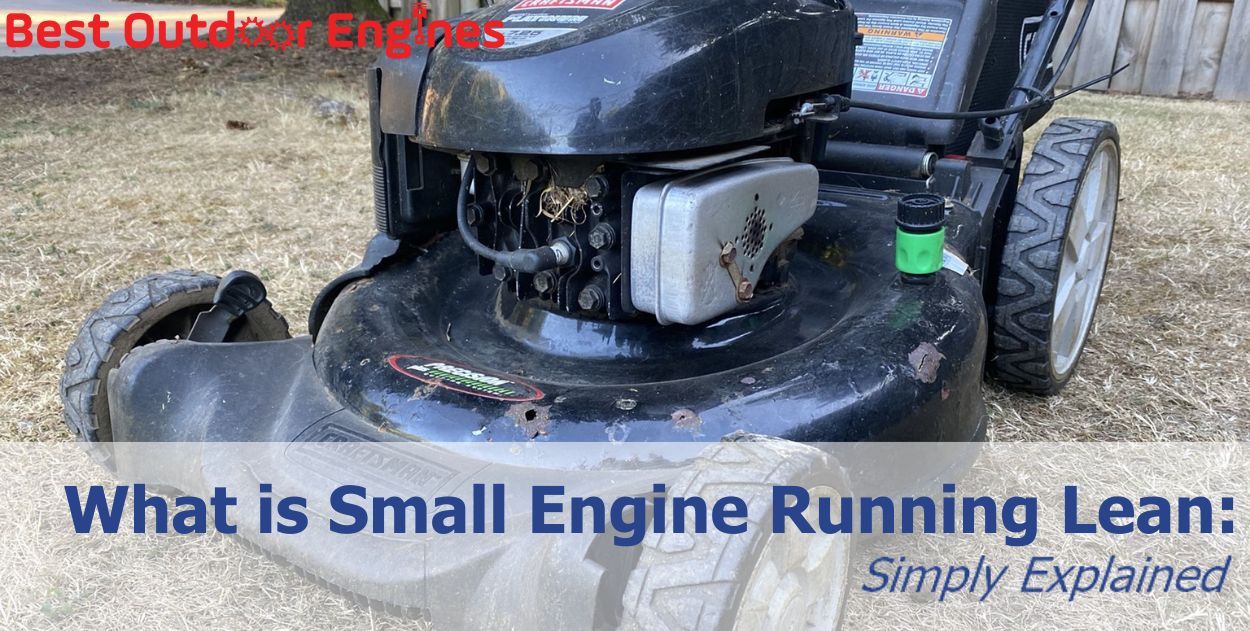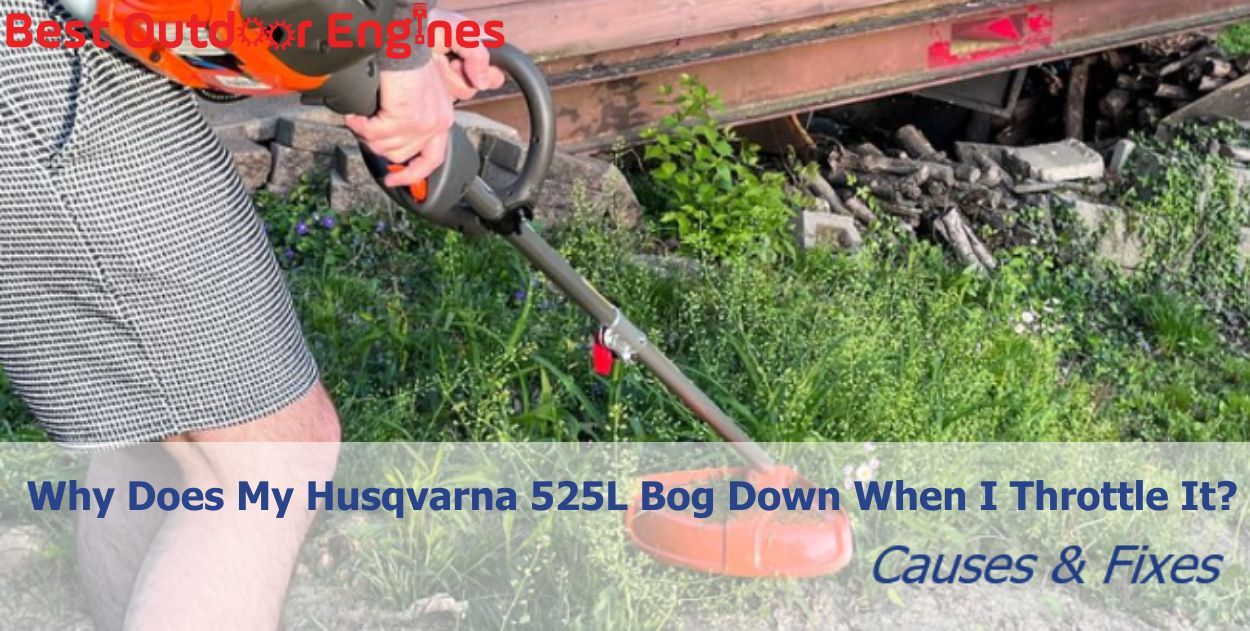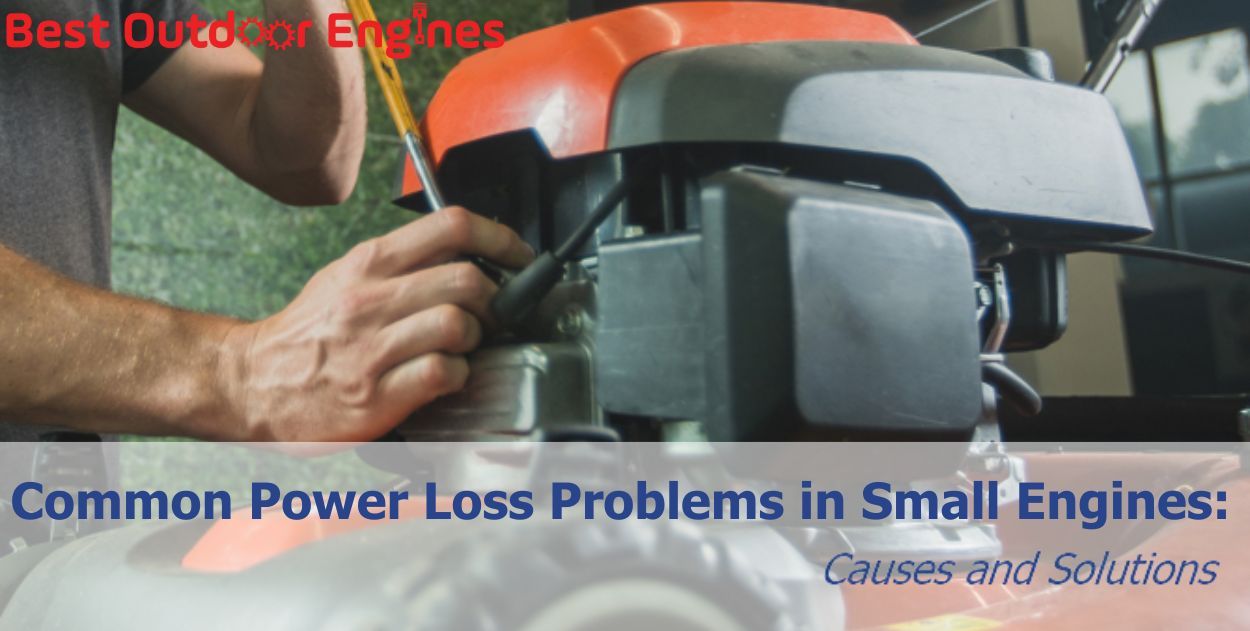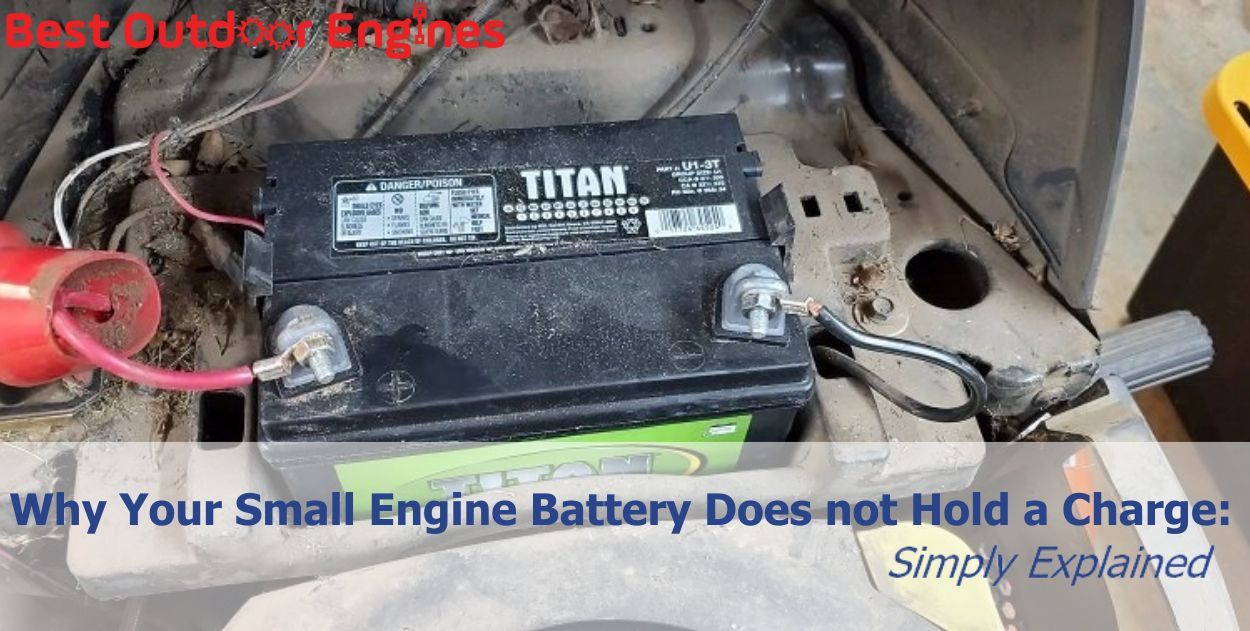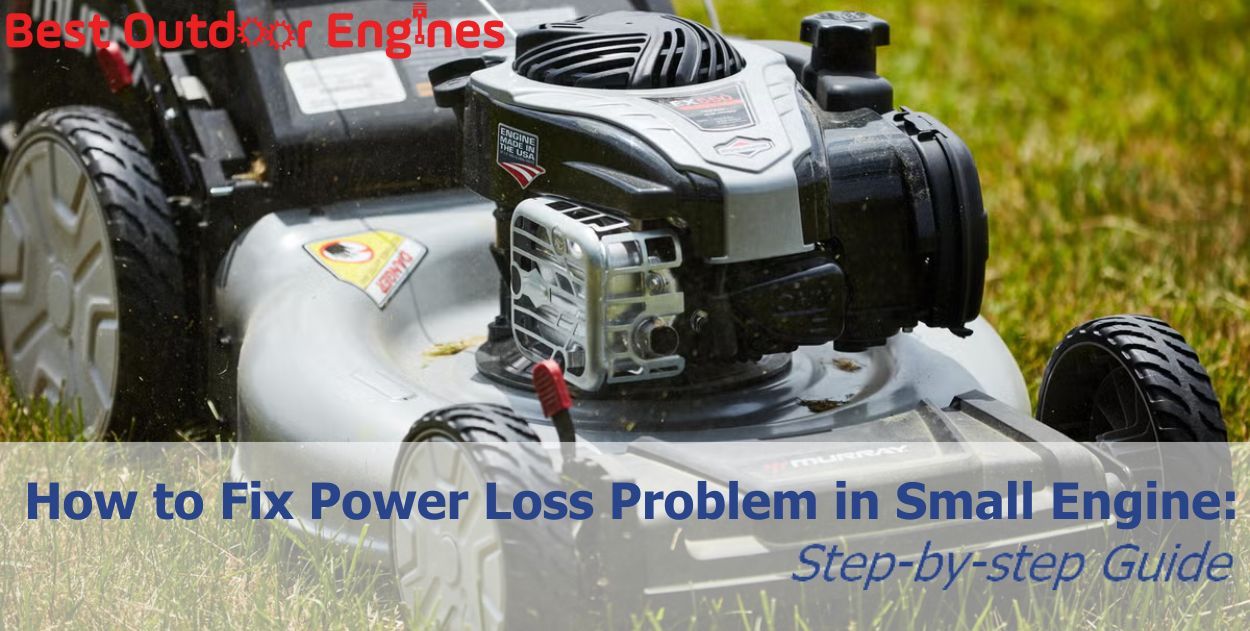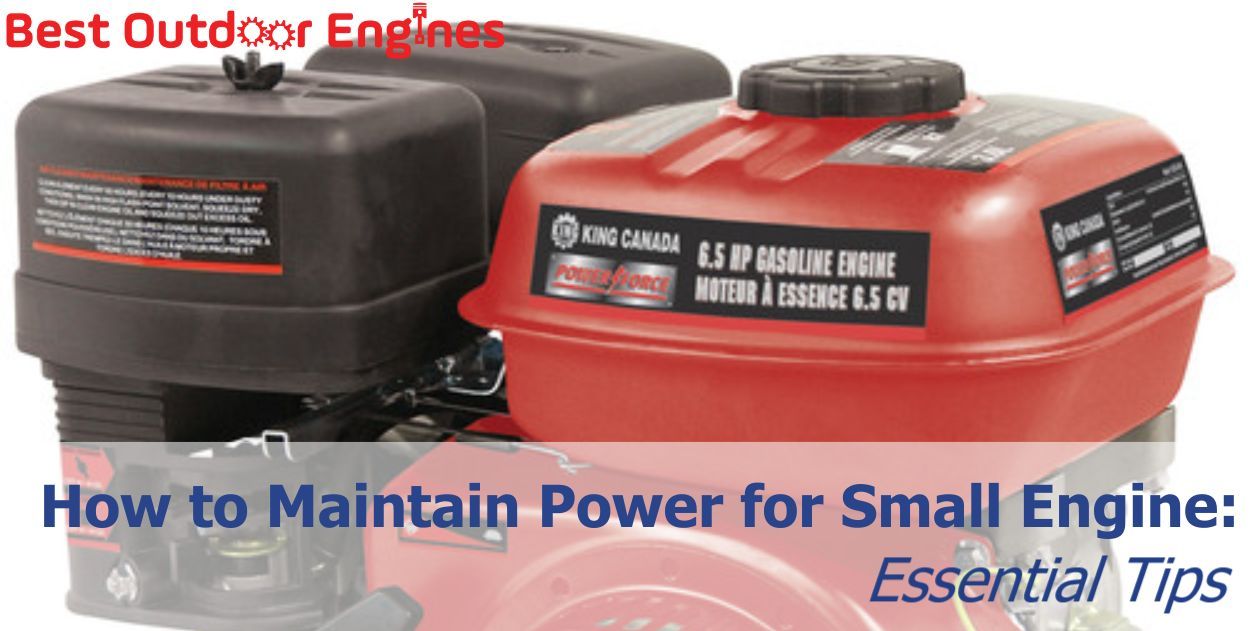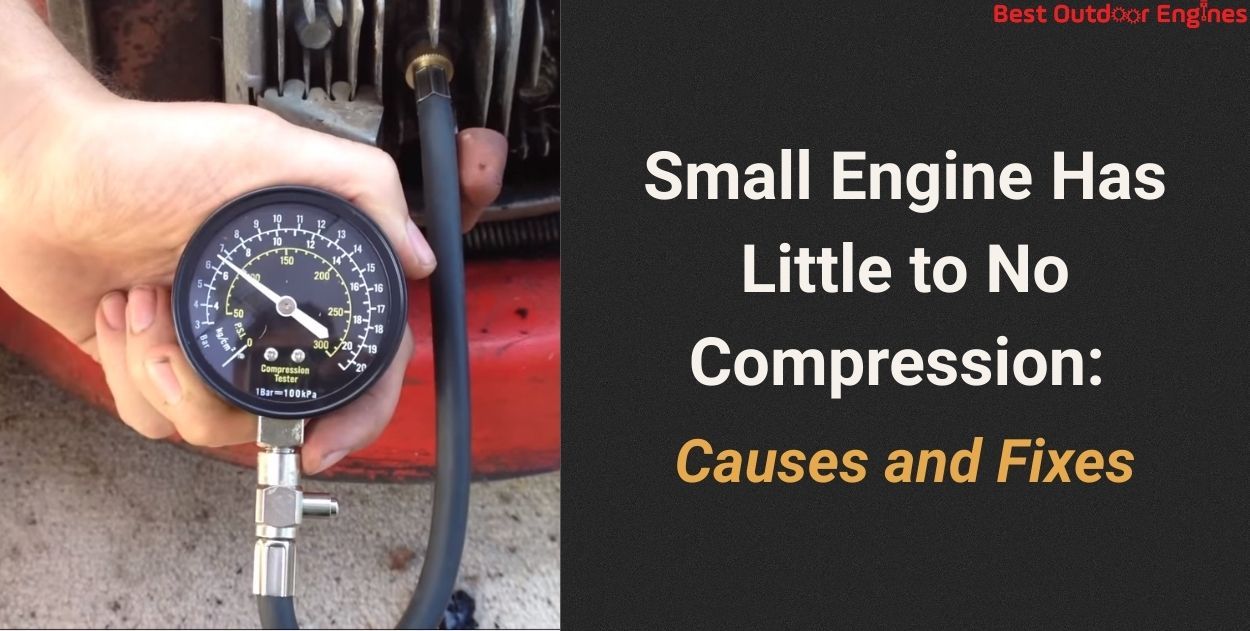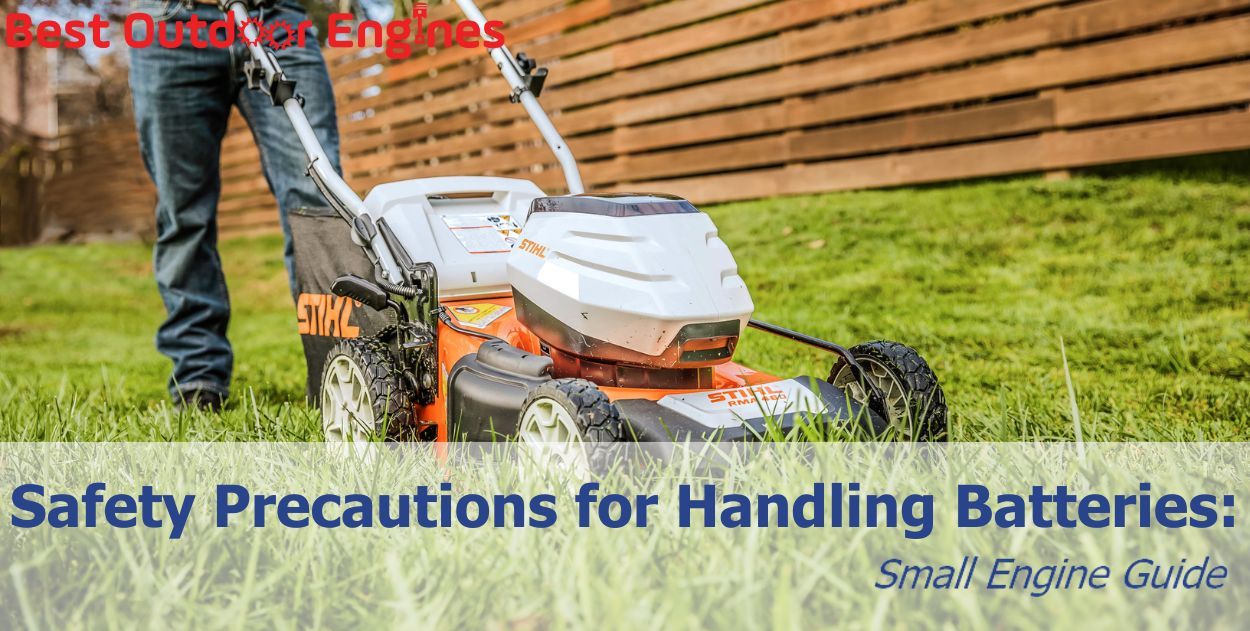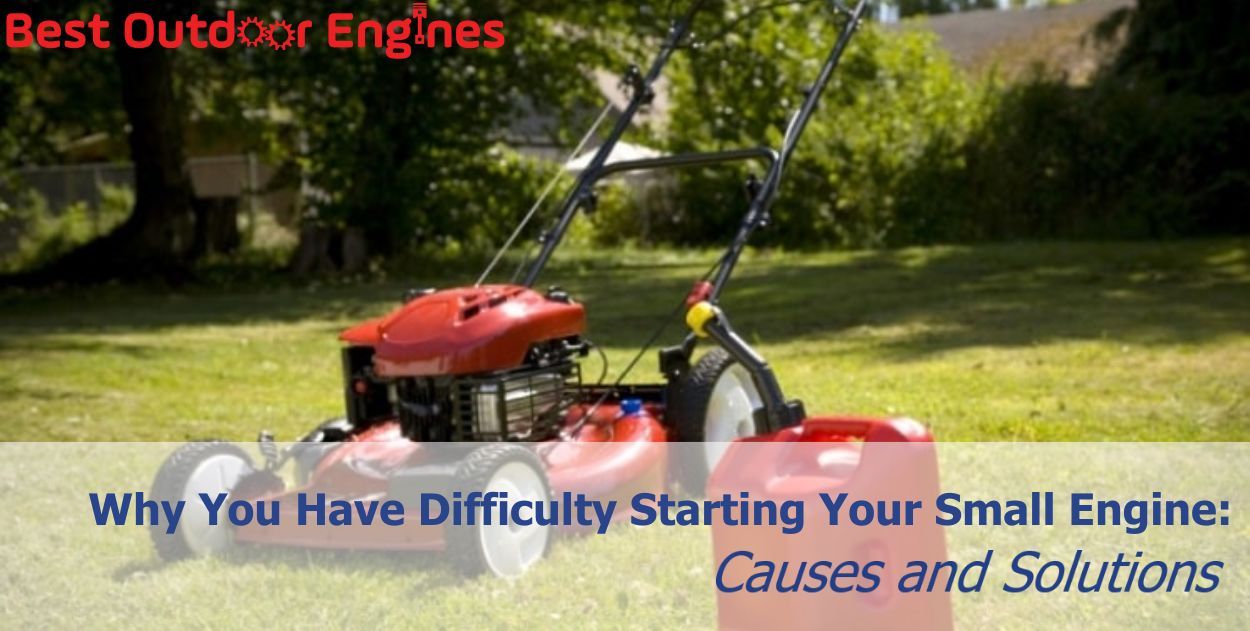What is Small Engine Bogging Down: Small Engine Guide
This guide covers the common reasons why small engines bog down, including fuel issues, air supply problems, and mechanical failures. It provides troubleshooting tips and solutions to fix these issues and offers preventive measures to keep your engine running efficiently.

What is Small Engine Bogs Down?
Bogging when used in relation to an engine describes a noticeable loss of power often accompanied by jerking or stalling especially under load. When a small engine bogs down it doesn’t perform as well as it should and sometimes the sound of the engine changes becoming rough or erratic.
Bogging down has serious consequences for your engine’s performance including fuel efficiency. Extended periods of bogging result in more serious problems such as additional strain on engine components, possible overheating and reduced lifespan of the whole device. Dealing with this matter on time will be key to maintaining the health status of your respective machine.
 There are several causes why these engines can bog down. Understanding these could help diagnose and correct the problem quickly.
There are several causes why these engines can bog down. Understanding these could help diagnose and correct the problem quickly.
Fuel-related Issues:
- Stale Fuel: Old or degraded fuel loses its combustibility thereby reducing the efficiency of an engine. Fuel may also oxidize over time forming deposits that clog the fuel system.
- Incorrect Fuel Mixture: In two-stroke engines, wrong ratio between fuel and oil will lead to bogging. In case four-stroke engines do not use right type of petrol they will also have similar problems with performance.
- Clogged Fuel Filters: Impurities or debris can accumulate in the fuel filter obstructing flow thus causing an engine to bog down.
Air Supply Problems
- Dirty Air Filters: When the air filter is blocked, it restricts the airflow into the engine which affects the fuel-air mixture leading to incomplete combustion and loss of power.
- Blocked Air Intake: Any debris or blockages within this system will prevent enough air from getting to an engine thereby bogging it down.
Mechanical Failures
- Spark Plug Issues: Engine misfires due to faulty or dirty spark plugs cause bogging. Good ignition depends on good spark plugs.
- Carburetor Problems: Combusting mixtures of air and gasoline are mixed by carburetors. Engines will run very badly if those mixes have problems like wrong adjustments among others.
- Engine Compression Issues: Lowering the compression in engines normally occurring when their cylinders walls or piston rings have worn out reduces their overall efficiency and power output thus causing them to bog down.
A stepwise approach helps determine why an engine bogs:
Check Fuel Quality: Confirm freshness and correct mixing of fuel.
Examine Air Filter: Look for dirt or any other kind of debris thereon.
Investigate Fuel Filter: See if there are impediments stopping efficient flow of fuel through it hence bogging down the engine.
Test Ignition Spark Plug: Ensure that it is properly cleaned as well as functional too.
Evaluate Carburetor Performance: Check its tuning & cleanliness respectively.
Checking And Cleaning The Air Filter
Remove The Air Filter Cover : Get rid of its cover in order to access a filter part.
Inspect The Filter : See if it has any dirt, debris, damages or not?
Clean Or Replace : Clean with compressed air or soapy water (if reusable) for reusables while replace for non-reusables which may be beyond cleaning due to excessive dirtiness.
Tips for Inspecting and Replacing Fuel Filter and Spark Plug
Fuel Filter: Find the fuel filter, take it out, and inspect it for any clogs. Replace with a new one if need be.
Spark Plug: Remove the spark plug, look at its condition for carbon or wear, and clean or replace as necessary.
Check Adjustments: Assure that carburetor settings are correct.
Clean the Carburetor: Take off carburetor so as to remove blockages present in it.
Reassemble and Test: Re-assemble after cleaning then try running the engine again to see if the problem still persists.

Always use fresh gas and store it away from dust in tightly covered containers to avoid its contamination by impurities.
Tips on Regular Inspection And Timely Replacement Of Engine Components
Regular Inspections: Regularly check air filters, fuel filters, spark plugs, and carburetors.
Timely Replacements: Ensure all worn out components are replaced soon enough so as not to affect engine performance greatly.
Checking For Optimal Engine Performance Through Periodic Checks
Inspecting & Cleaning Filters: Cleaned regularly; air & fuel filters replaced when necessary.
Check Spark Plugs Regularly: Conduct spot-checks for spark plugs periodically –clean them too!
Maintain The Fuel System. Apply Stabilizers To Fuel And Keep It Clean
To keep your small engine running efficiently you should have an understanding of why engine bogs down, conduct effective troubleshooting, perform regular maintenance. Therefore you can guarantee yourself a working engine always at optimal conditions giving you better results all through by following these guidelines given above.
1. What causes my small engine to bog down when accelerating?
Common causes include dirty air filters, clogged fuel filters, improper fuel mixtures, and carburetor issues.
2. How often should I replace the fuel filter in my small engine?
It's recommended to replace the fuel filter annually or as specified in your engine’s maintenance schedule.
3. Can using old fuel cause my engine to bog down?
Yes, old or degraded fuel can lead to poor combustion and engine performance, causing bogging.
4. What should I do if cleaning the air filter doesn’t fix the bogging issue?
Check other potential causes, such as the fuel filter, spark plug, and carburetor, for issues.
5. How can I tell if my carburetor needs adjustment or cleaning?
Symptoms include poor engine performance, hard starting, and rough idling. Regular maintenance can help identify and address these issues.

